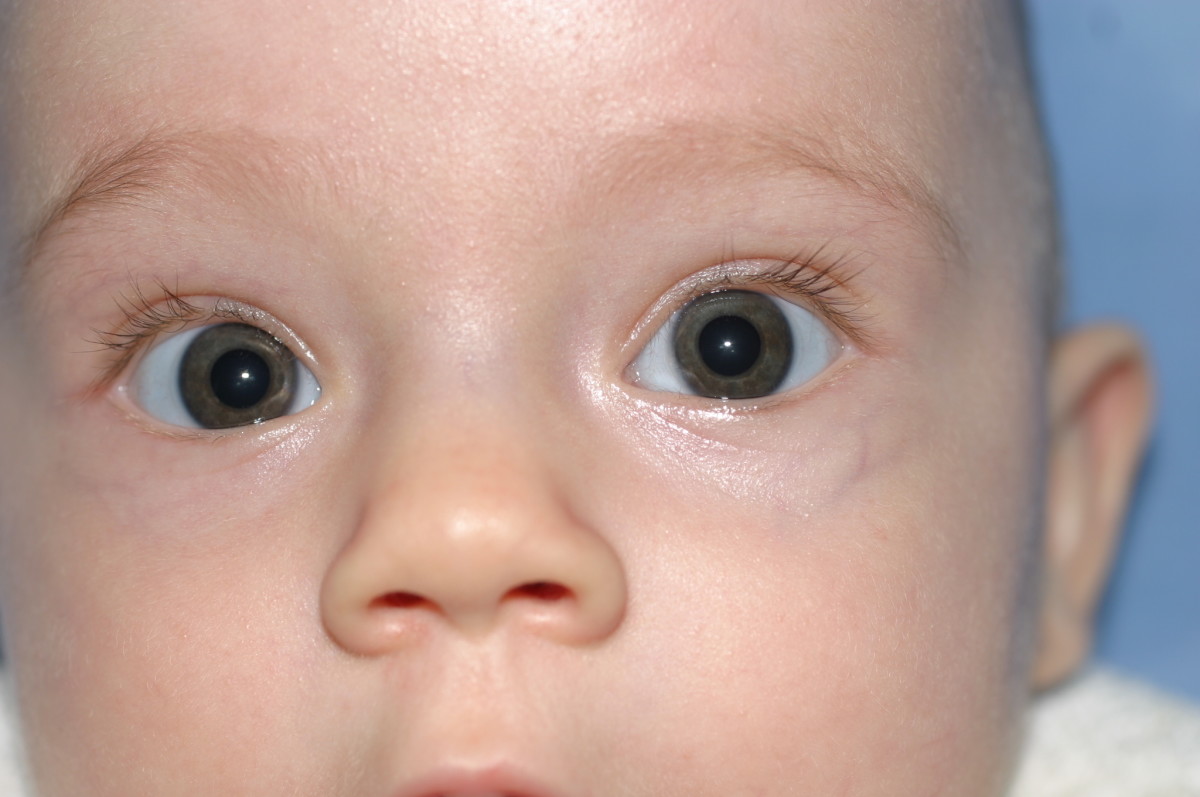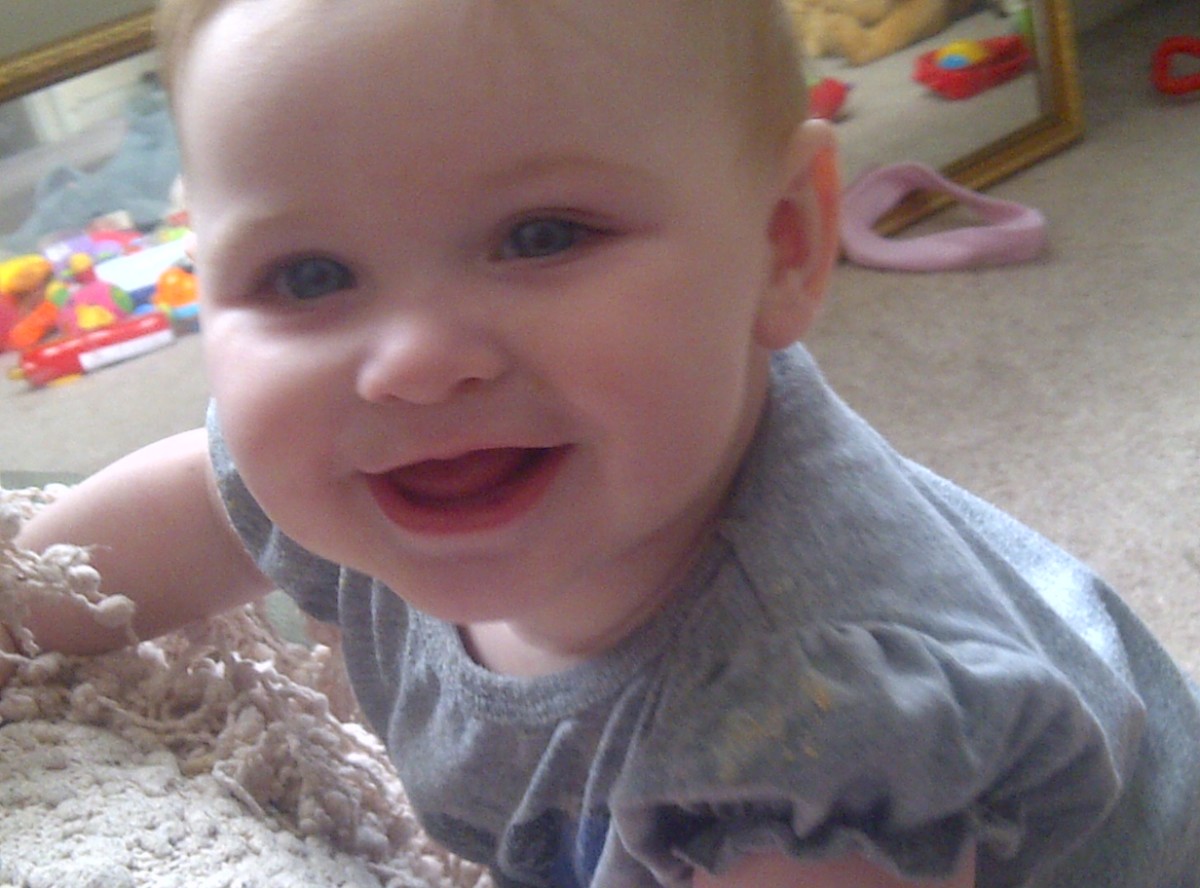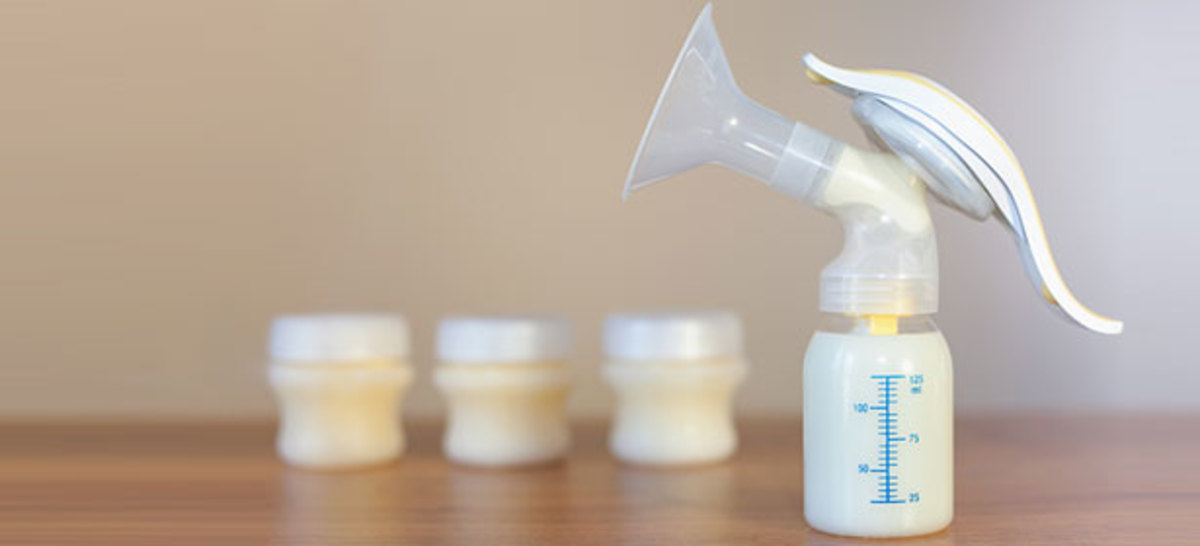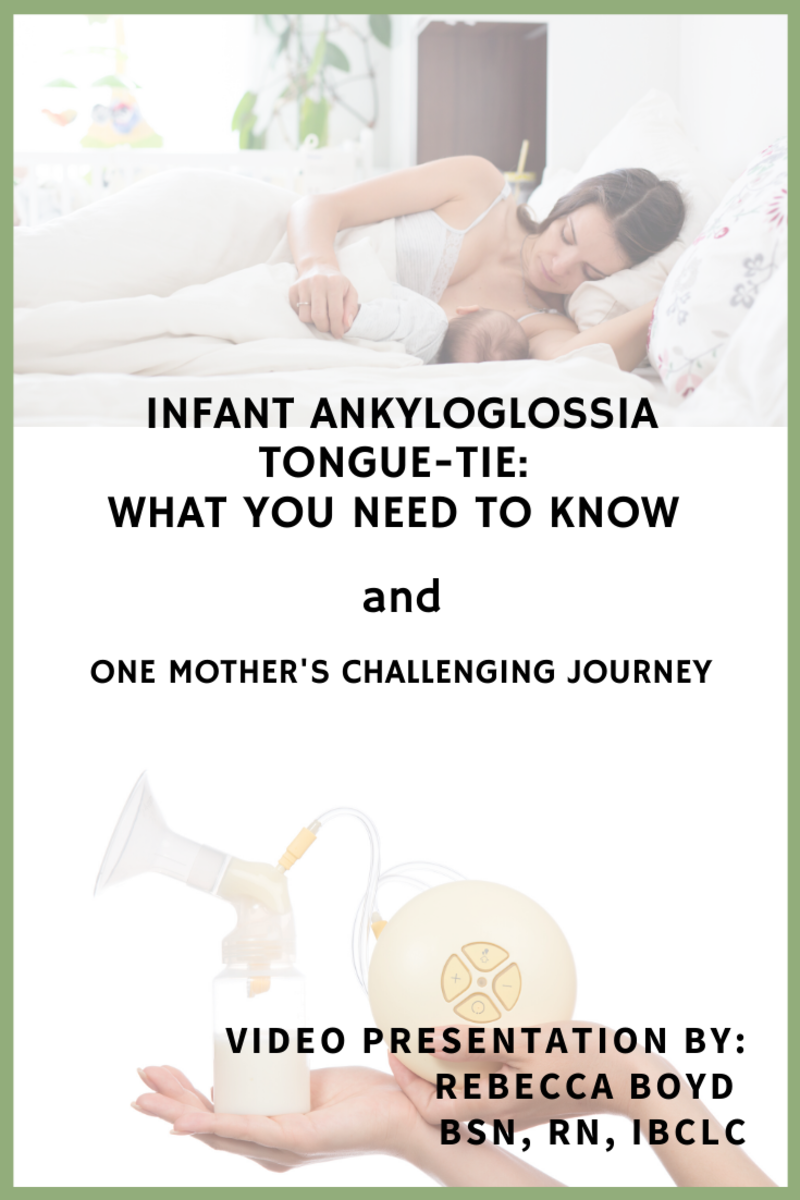Breast Pump Basics
You’ve made the choice to breastfeed your baby, but you find yourself wondering if you’ll truly be able to find enough time for several daily feedings. Maybe you work, or have several other children in the home who need attention also. A breast pump can help you give your child he benefits of breast milk while giving you the extra time you need. The great thing is, breast milk can be stored at room temperature for a few hours and frozen for several months.
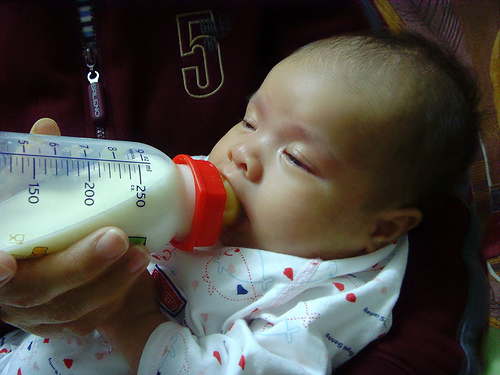
Shopping For a Breast Pump? Ask Yourself These Questions
To find the right pump for your needs, you need to consider the following things:
- Will you use the pump to help finish a breastfeeding session?
- Will you use it to pump and store quantities of milk?
- Will you use it at work or home?
- Will you use it during car or air travel?
- How fast do you need the pumping sessions to be?
- Do you completely understand the directions for use? (breast pumps cannot be returned)
- Where will you use it? At home, work, or car?
- Will you buy or rent through a medical supply company?
- Should you use a battery, electric or hand pump? (Electric is fastest, but battery and hand pumps are more portable.)
Tips For Effective Pumping
- Just as when you’re nursing, use a routine.
- Relax, in whatever way is best for you.
- Massage breasts
- Drink a couple glasses of water
- Look at photo of your baby
- Listen to your favorite music on your Ipod for no interruptions
- Double pump for more milk
Storing of Breast Milk
Always date breast milk as soon as it is pumped. Storing in 2-4 ounce amounts helps reduce waste. Freshly pumped breast milk can be left at room temperature for up to 4 hours, refrigerated for up to 8 days, and frozen up to 12 months.
According to the La Leche League, glass or hard plastic containers with well-fitting tops are optimal for storage, but freezer milk bags designed for storing human milk are fine, too (not your regular Ziplock). All containers should be washed in hot, soapy water and allowed to air-dry.
Do You Need to Pump and Dump?
There has long been a debate about alcohol and breast milk. Many doctors and breastfeeding experts say that you should never breastfeed after alcoholic drinks, yet others say that a drink or two is not enough to withhold breast milk from your baby. You should be the judge as to whether you’ve had too much. Many experts now agree that moderate drinking is not a huge concern; it’s heavy drinking that poses a problem, causing babies to dislike the taste of milk, thus nursing for shorter periods and decreasing milk supply. That said, use your common sense.
- Breast Care 101 for Nursing Mothers
Holy cow - do you feel like a cow? It's important to take good care of your breasts while breastfeeding so that the process is as enjoyable for you as it is for your baby. When your breasts are not in good... - How To Increase Breast Milk Supply
Women are built for breastfeeding. Your age, weight or cup size don’t affect your breast milk supply. If you ask the experts at La Leche League, they will tell you it is very rare for the female body to not... - Breastfeed For Health: A Beginner’s Guide
Breastfeeding is one of the best things you'll do for the health of your newborn. In addition to the health benefits for your baby, you lose weight and recover from the stress of childbirth sooner. If you...


